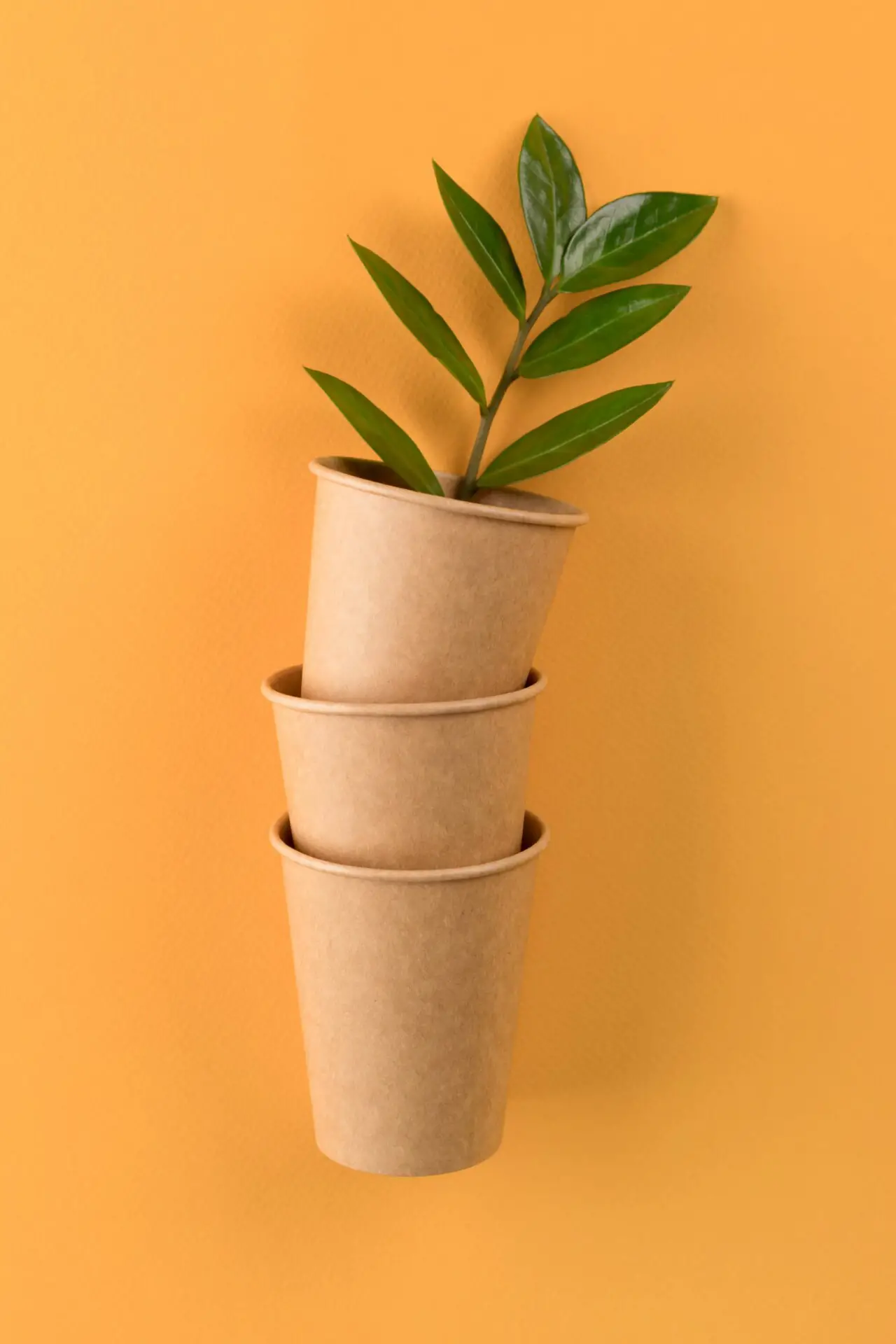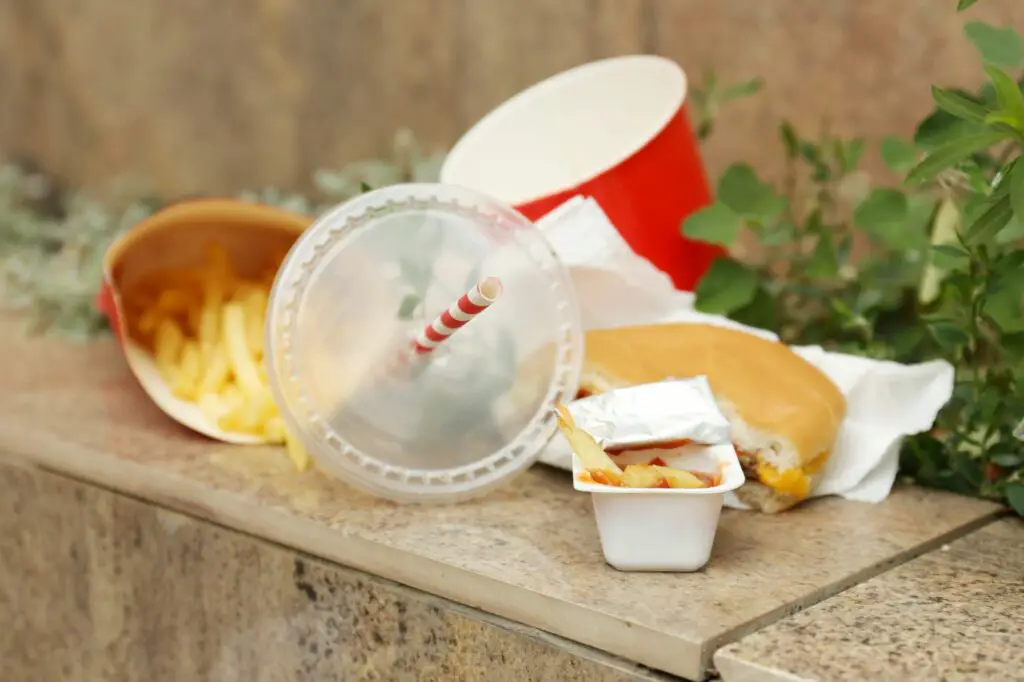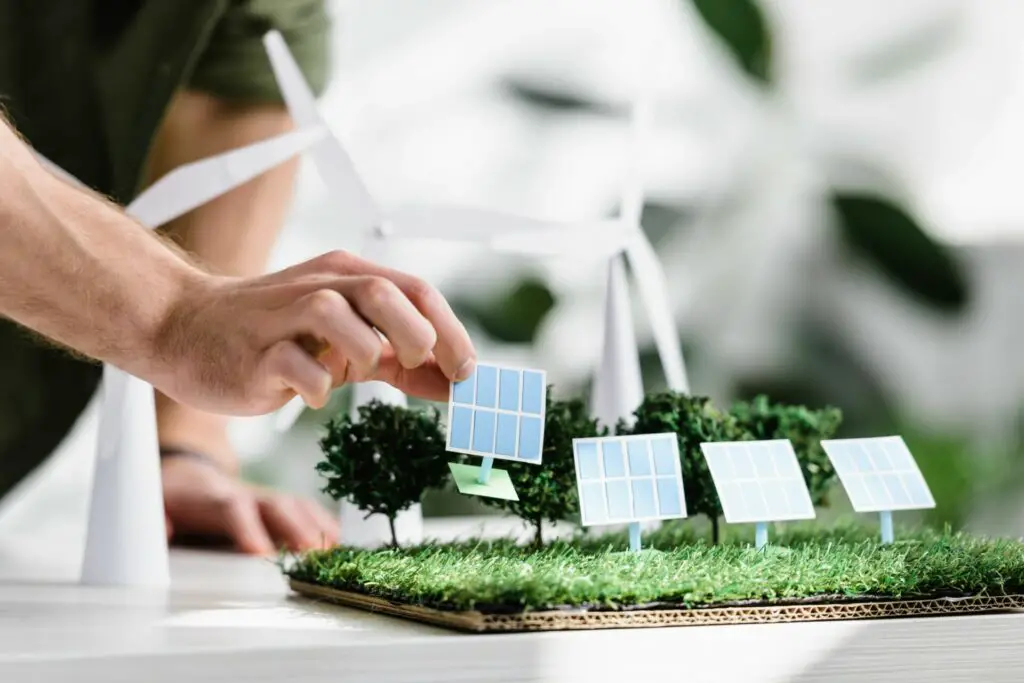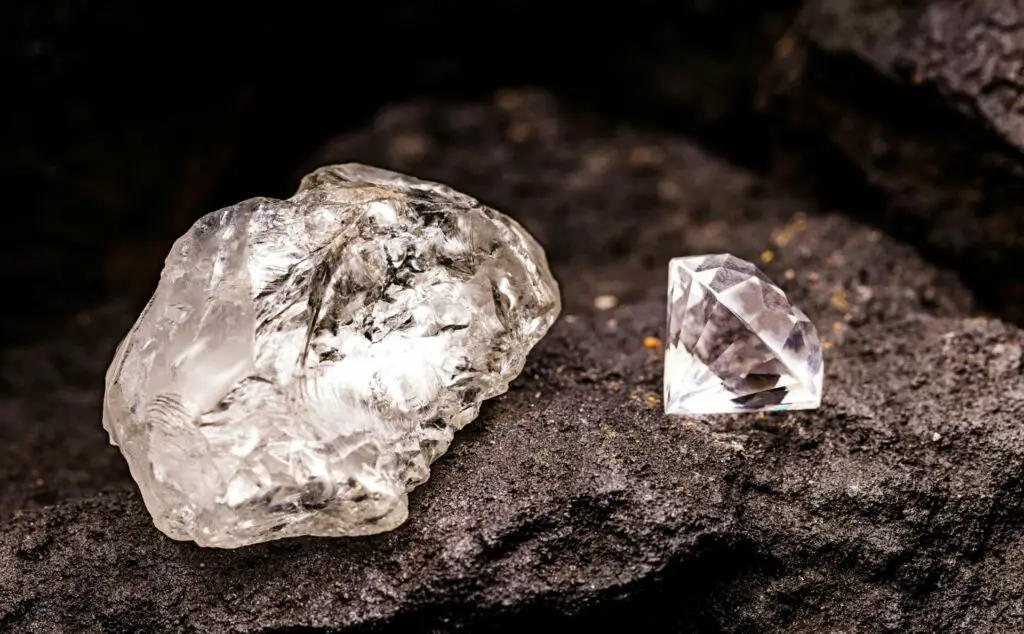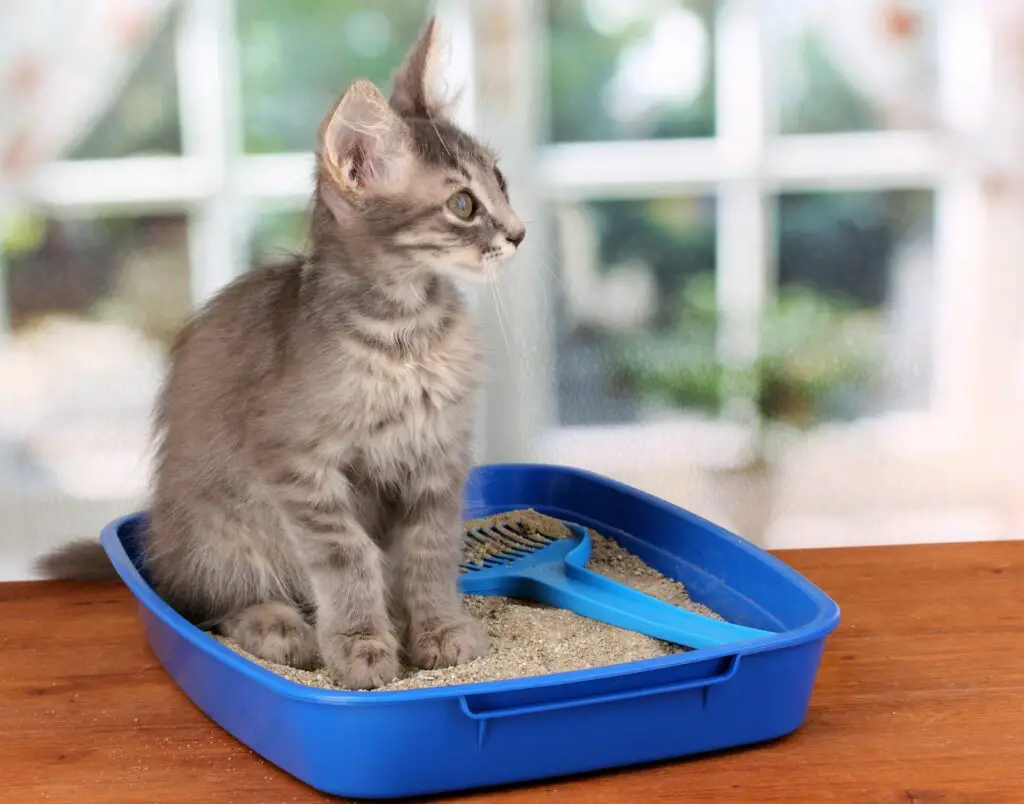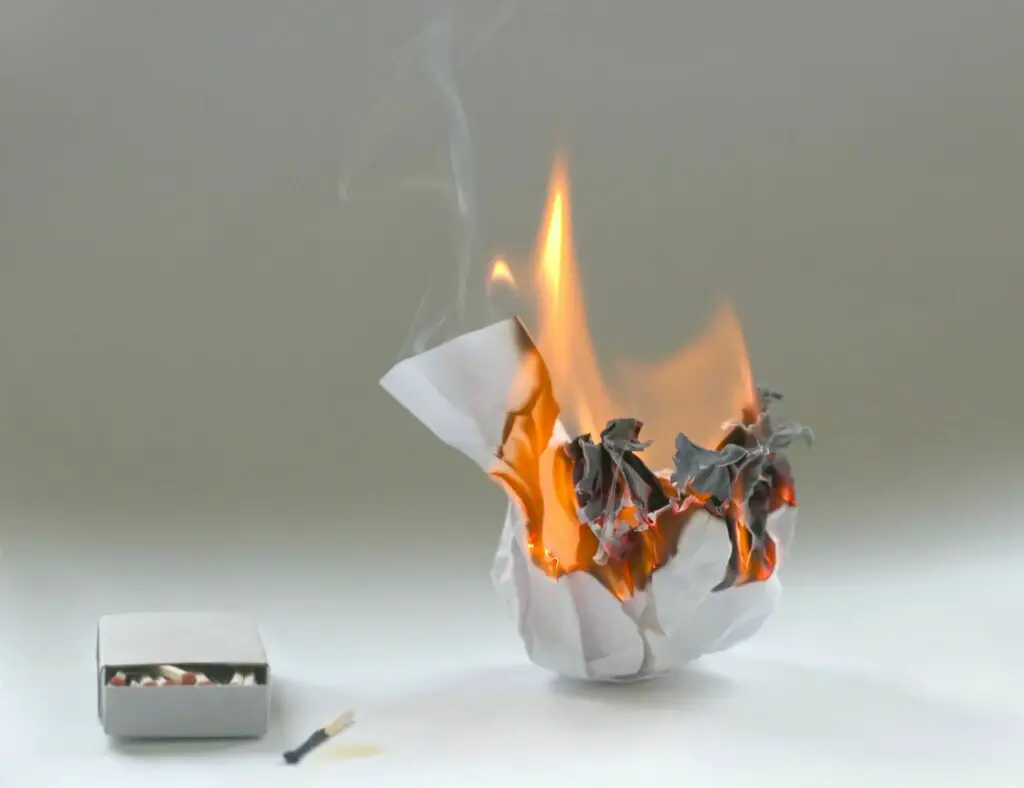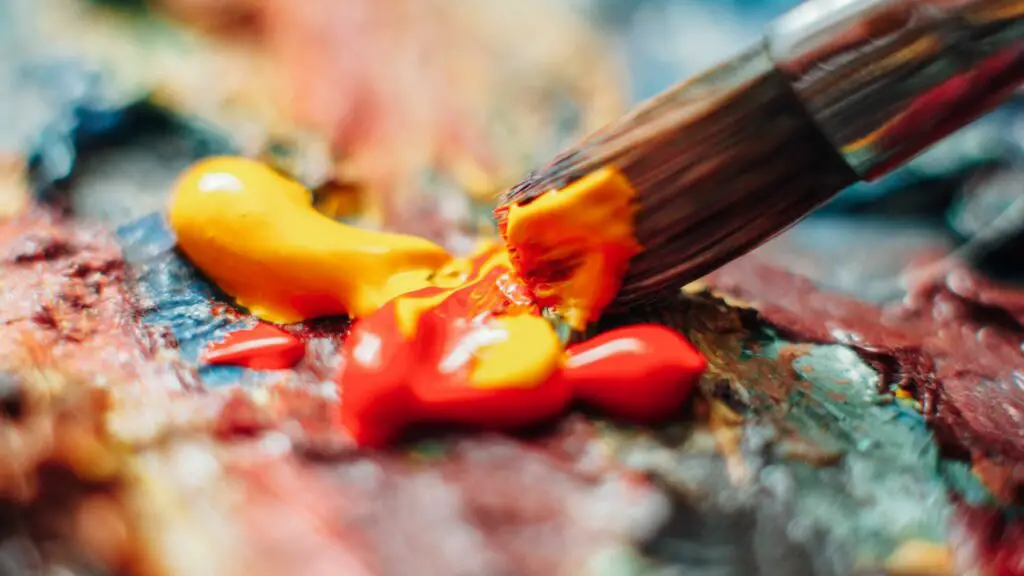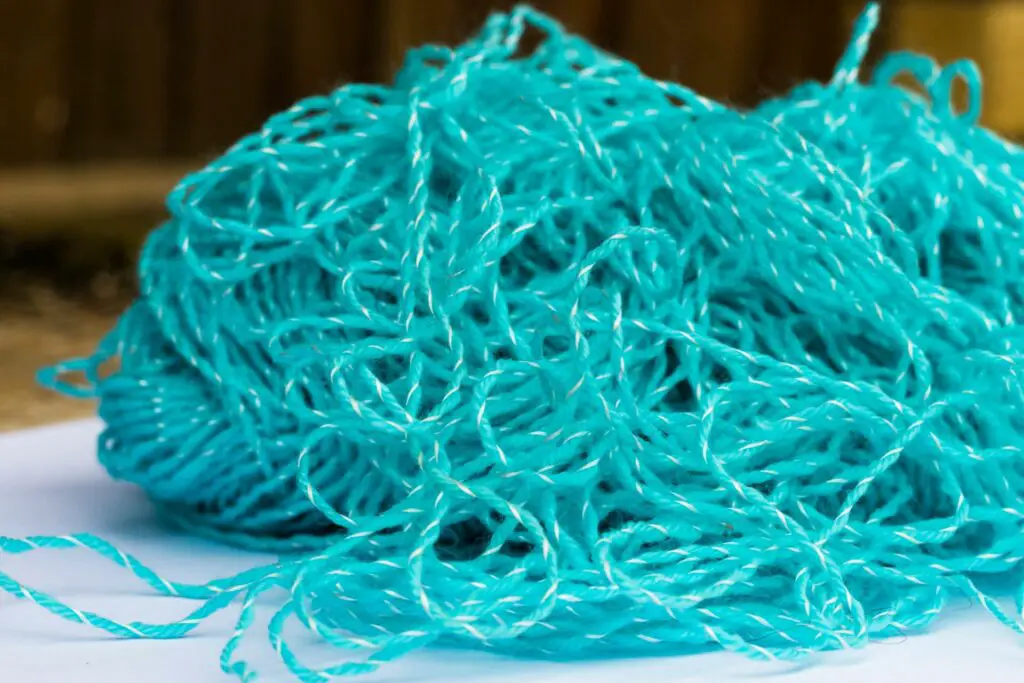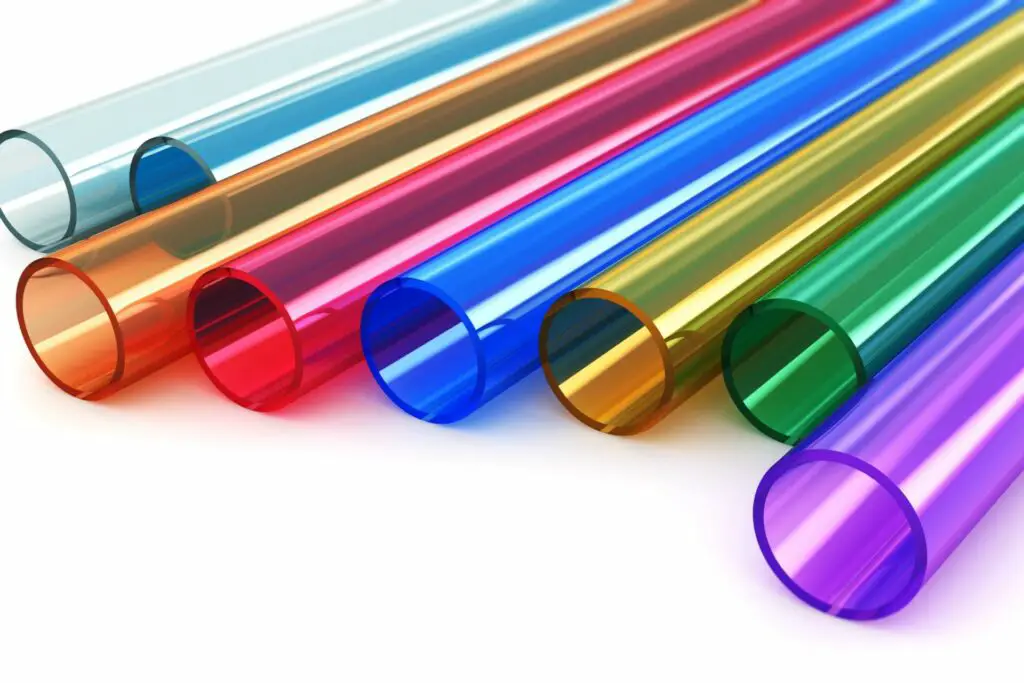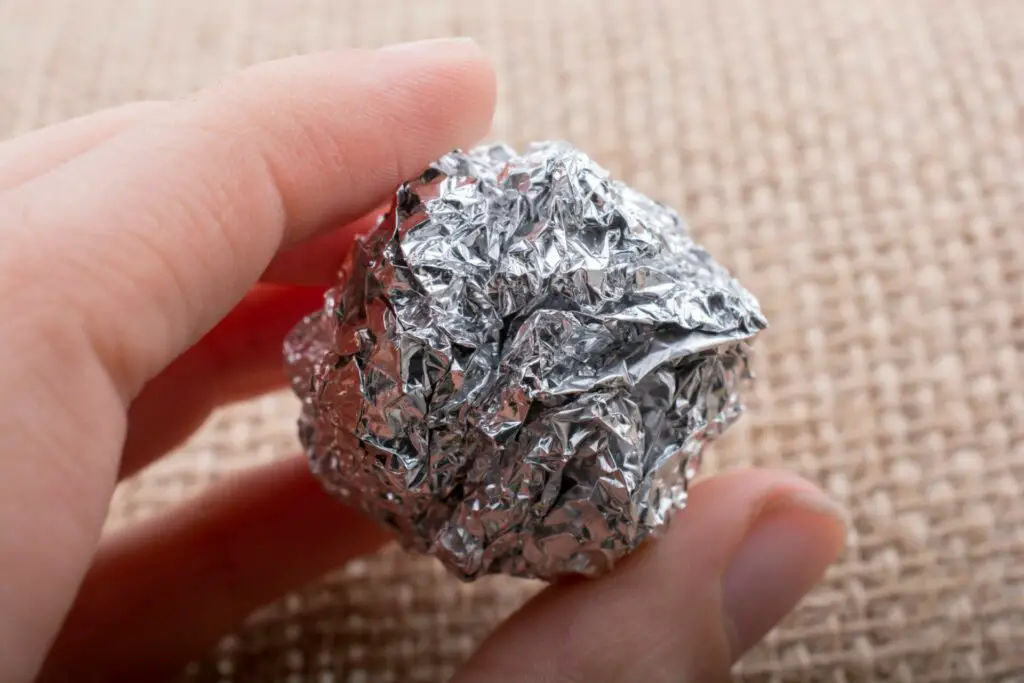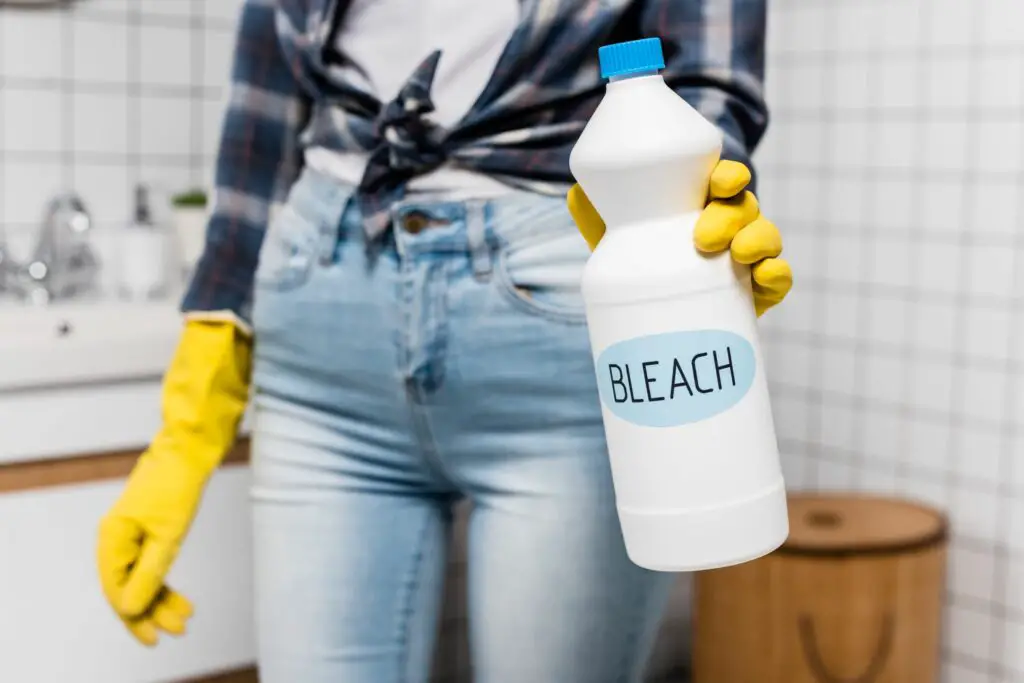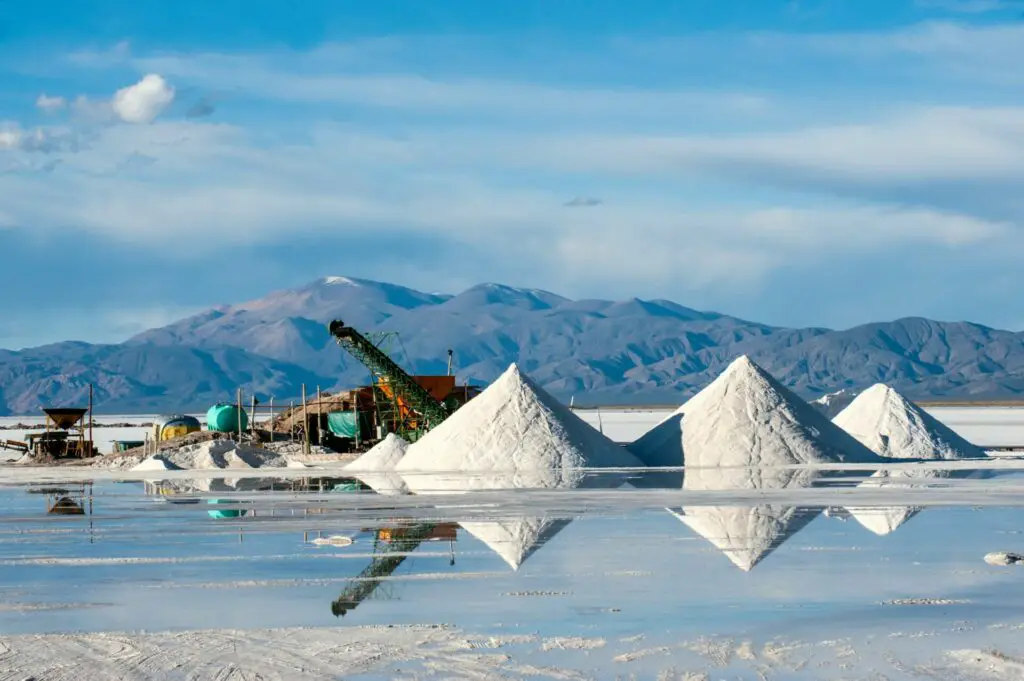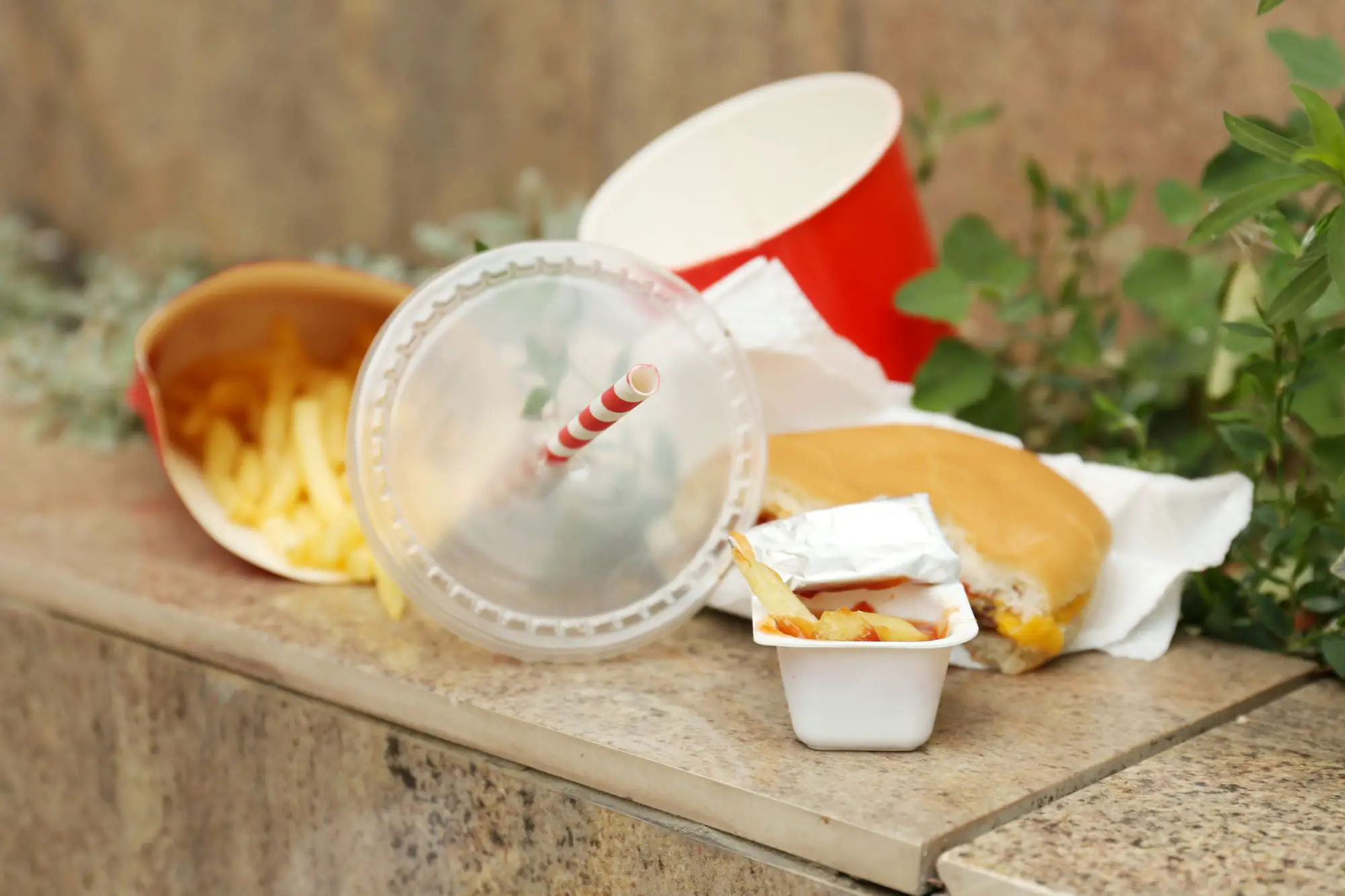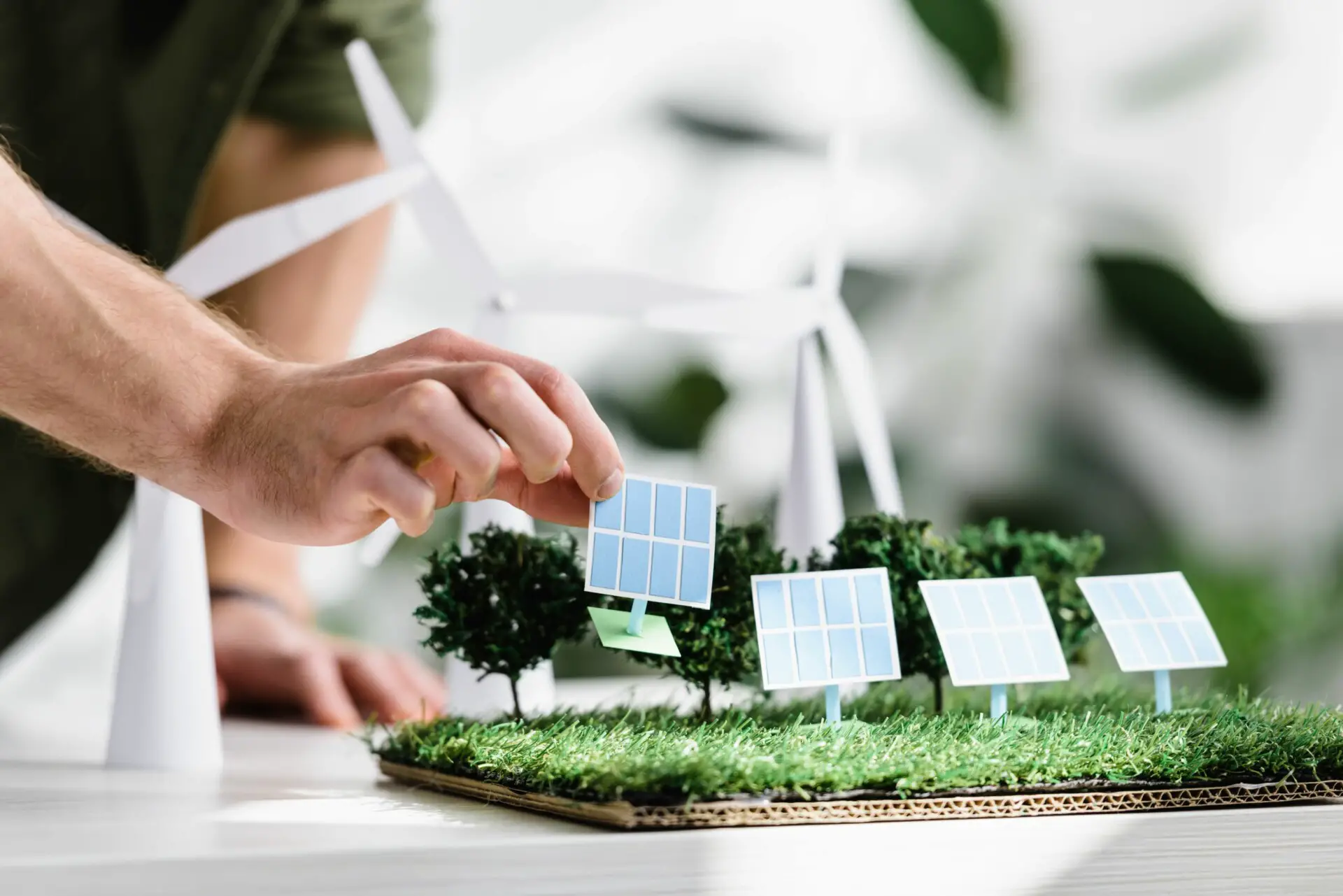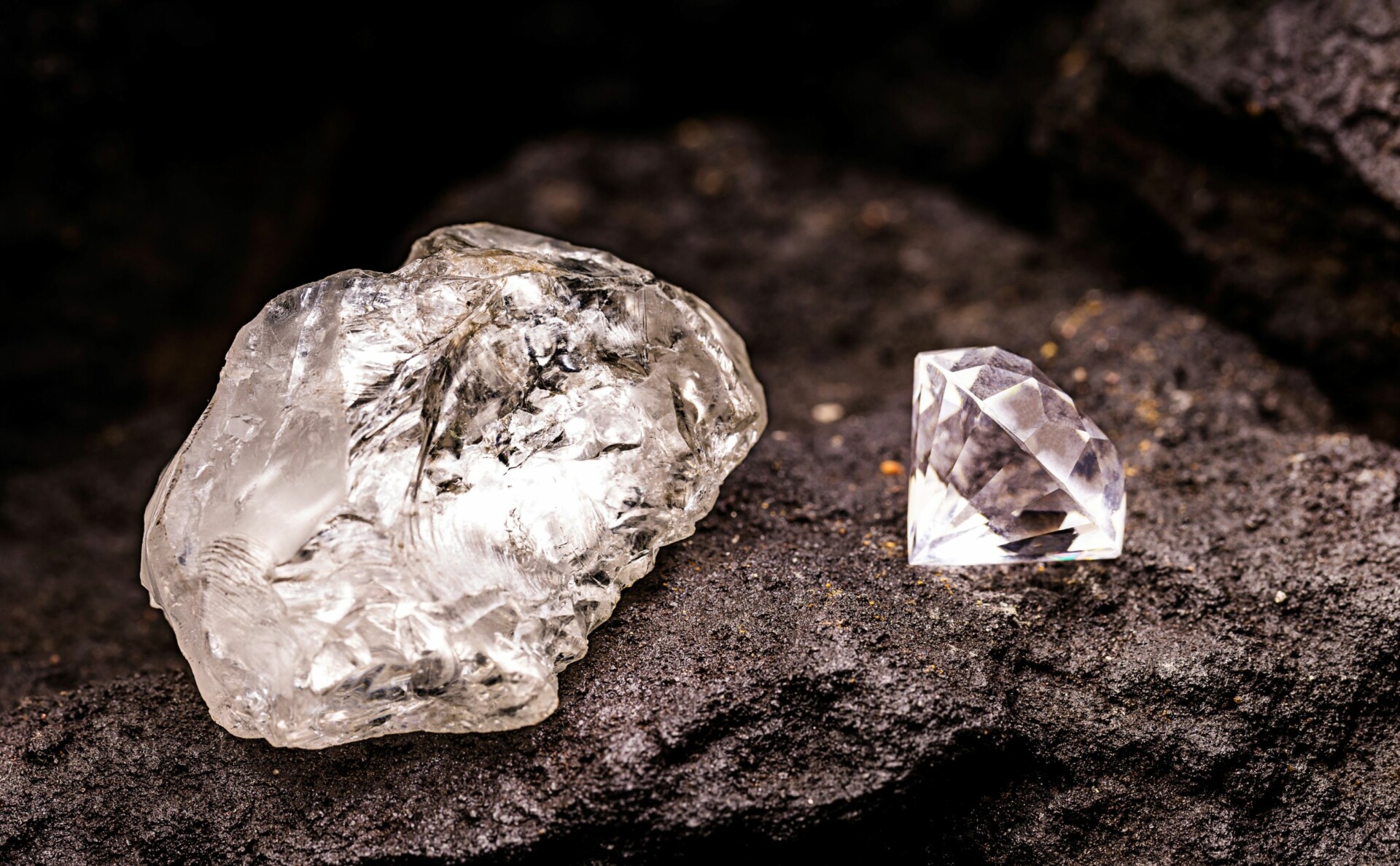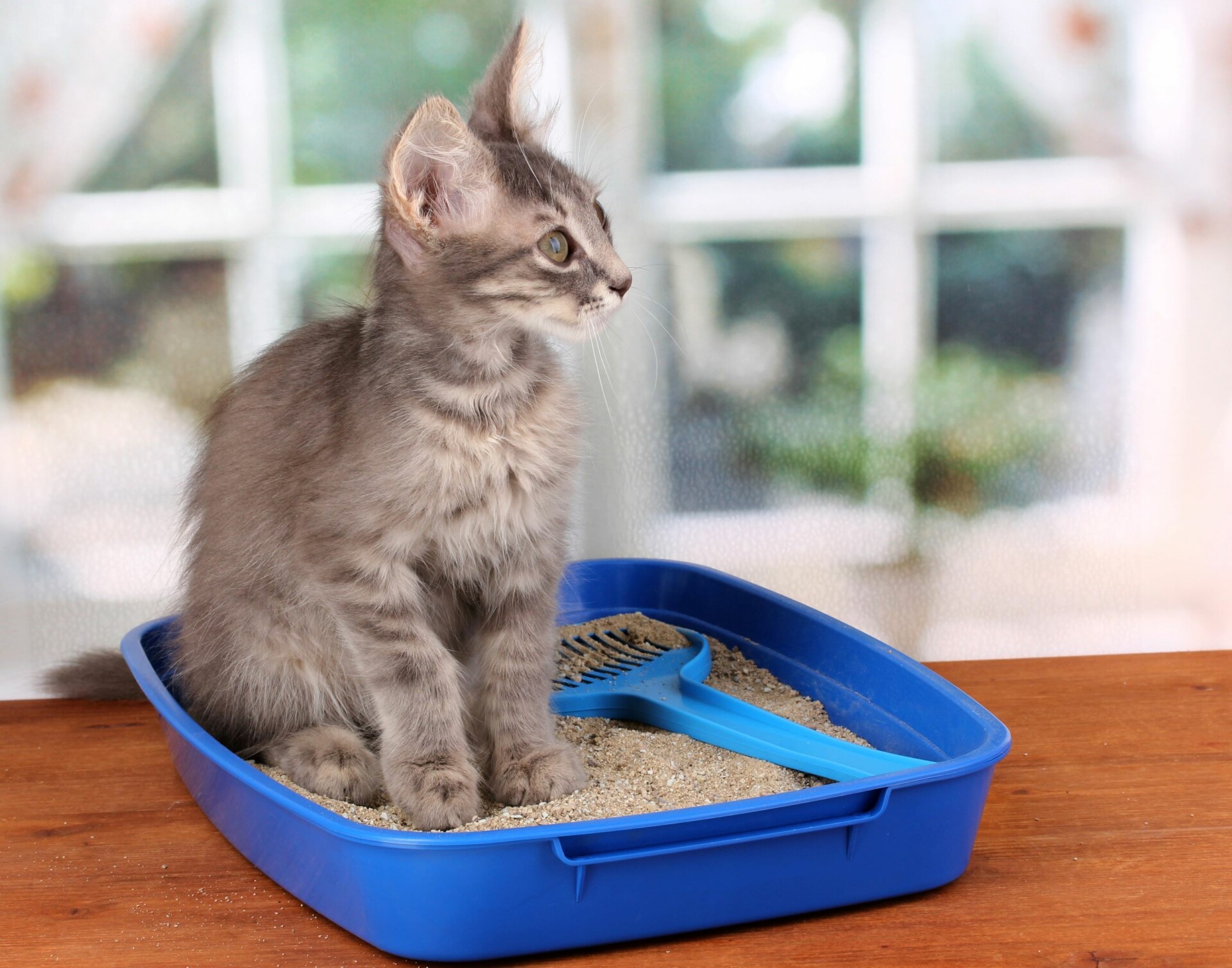There are a lot of claims that compostable cups are also recyclable, but this is rarely – if ever – actually the case.
While compostable cups may be greener than plastic coffee cups, they’re not a perfect solution to single-use waste as they’re usually not recyclable and don’t break down the way most customers expect.
Here’s what you need to know about whether compostable cups are recyclable and sustainable.
1. What Are Compostable Cups Made Of?
There are dozens of compostable cup brands these days, but they’re not all made from the exact same materials.
Generally, compostable cups are made from bioplastics like PLA.
Others are made from paper, with a thin layer of PLA or another bioplastic on the exterior to prevent leaking.
2. Are Compostable Cups Recyclable?
Compostable cups are generally not recyclable. Drinks like coffee could stain the interior, which can damage the quality.
Even regular coffee cups are unlikely to be recycled. Some regions simply do not have the means to recycle these kinds of products.
Although paper is considered recyclable, separating the PLA from the paper is challenging.
PLA is also technically considered recyclable, but not everywhere will have the means to recycle it.
Unlike regular plastic, PLA is made from plants, so it cannot be processed the same and should not go in your home recycle bin.
3. Are Compostable Cups Biodegradable?
Compostable cups should be biodegradable since they are made from plant-based materials.
They need certain conditions, often those found in industrial composting plants, to degrade.
PLA comes from plant-based sources, such as cornstarch, sugarcane, sugar beet, or cassava starch. So, these are biodegradable.
Paper is also biodegradable. However, if you put things that are not biodegradable into these cups, like resin or acrylic paint, they will no longer be biodegradable as they can stain the cups.
4. Are Compostable Cups Really Compostable?
Most compostable cups are technically compostable but not home compostable.
Although paper pulp is compostable, these cups are almost always covered with a thin layer of bioplastic, like PLA.
So, these cups, whether coated paper cups or pure PLA cups, will not break down in a home compost bin.
Instead, they should be sent to an industrial composting facility.
PLA breaks down very slowly in the soil. So, dumping these cups will still contribute to pollution and can potentially harm animals if they mistake them for food.
Most kinds of PLA can break down in industrial composting facilities.
In this environment, bioplastics, meat, and other items unsuitable for home compost bins are heated up so bacteria can break them down.
There are some kinds of home-compostable PLA.
Research found PLA that was embedded with polyester-eating enzymes during the manufacturing process was almost fully degraded in home compost settings within a week.
The same PLA degraded within six days when exposed to the same conditions as industrial composting.
However, these home-compostable PLA materials are still relatively new, and you are unlikely to come across a compostable cup made from these kinds of PLA.
Whether the cup is compostable also depends on what you used it for.
They are still compostable if you use them for drinks like coffee, tea, or water.
The only scenario you should be concerned about is if you used the cups to mix things that aren’t compostable, like acrylic paint.
5. What Happens to Compostable Cups?
For compostable cups to degrade, you need to send them to an industrial composting facility.
Unfortunately, industrial composting facilities are not accessible to everyone.
If that is the case for you, you will need to dispose of compostable cups in your general waste bin.
Compostable cups will not break down in landfills. Even if a product is made from biodegradable materials, certain conditions need to be met for this process to take place.
Without the right oxygen levels, moisture levels, weather conditions, and temperature, items will not break down.
So, instead, these cups could produce methane in landfills, which is a greenhouse gas.
6. Are Compostable Cups Reusable?
Compostable cups are not intended to be reusable.
Coffee shops do not reuse these cups since they would not be hygienic as they could fall apart or bend out of shape if they tried to wash them properly.
While you might be able to rinse and reuse your own compostable cup once or twice at home, these are intended to be single-use items, so you should not do this indefinitely for hygiene reasons.
7. How to Dispose of Compostable Cups Correctly?
If you have access to an industrial composting facility, then you should send your compostable cups there.
Otherwise, you will need to dispose of them in your general waste bin.
Make sure the cup is empty before doing so.
8. Are Compostable Cups Sustainable?
Regular single-use coffee cups are usually made from styrofoam or from paper coated in polypropylene or polyethylene.
While paper is renewable, these plastics are not.
So, since PLA is plant-based and renewable, it is a greener choice.
However, they’re not necessarily the most sustainable item when most people do not have access to industrial composting facilities.
If they cannot degrade, they do little to combat plastic pollution.
As mentioned earlier, dumping compostable cups in nature, assuming the soil will break them down, can harm wildlife.
They can also end up in waterways, where they may not degrade and could be mistaken by marine life for food.
Compostable cups are also still a single-use item, so there will always be demand for new cups.
They still require resources and energy, which is unsustainable since most energy does not come from renewable resources.
9. Are Compostable Cups Better for the Environment?
Eventually, all the petroleum on the planet will run out, while plants can be replenished. So, in this sense, compostable cups are better for the environment.
PLA production also has a lower carbon footprint than regular plastic, which is associated with almost 5% of all greenhouse gas emissions globally.
Plus, mining for petroleum is harmful as it can disrupt the local ecosystem and pollute the surrounding environment’s air, water, and soil.
With that said, bioplastics are not a perfect solution either. As mentioned earlier, not everyone will have the means to dispose of them correctly, so they can still contribute to waste.
While plants are renewable, growing plants for bioplastics can cause pollution due to the use of fertilizers and pesticides, as well as taking up land, which may have disrupted a pre-existing ecosystem.
3 Eco-Friendly Alternatives to Compostable Cups
Reusable Cups
Reusable coffee cups can be made from almost anything, most commonly, plastic, metal, glass, or bamboo.
While these materials have a carbon footprint, if people reuse cups, there will be less demand to produce new items, which saves waste, energy, and resources in the long run.
Upcycled Jars
Rather than buying a new reusable cup, many people reuse items they already own, commonly glass jars.
This saves on energy and resources that would have been used to create a new cup and finds a new purpose for an old item.
Edible Cups
Edible cups have not taken off the way compostable cups have.
These cups are usually made from biscotti or a wafer and are coated with chocolate on the inside to prevent the liquid from spilling out.
So, there is no waste left after using these cups since the customer can eat them.
You Might Also Like…
- Is Fast Food Bad for the Environment? (& What You Can Do)
- Is Fabric Softener Bad for the Environment? (+5 Eco-Friendly Options)
- Is Fuel Dumping Bad for the Environment? (& How Often It Happens)
- Is Electricity Generation Bad for the Environment? (What You Should Know)
- Is Dry Cleaning Bad for the Environment? (4 Surprising Facts)
- Is Diamond Mining Bad for the Environment? (Important Facts)
- Is DEET Bad for the Environment? 4 Effects (You Should Know)
- Is Cat Litter Bad for the Environment? (5 Common Questions)
- Is Burning Cardboard Bad for the Environment? (6 Facts)
- Is Burning Paper Bad for the Environment? (6 Surprising Facts)
- Is Burning Leaves Bad for the Environment? (7 Quick Facts)
- 4 Natural Cleaners for Quartz Countertops
- 6 Eco-Friendly Acrylic Paint Brands (For Sustainable Artists)
- 5 Eco-friendly Alternatives to Acrylic Paint (& How to Make Them)
- Is Acrylic Paint Bad for the Environment? (7 Quick Facts)
- Is Acrylic Yarn Bad for the Environment? 8 Crucial Facts
- Is Acrylic Bad for the Environment? (8 Quick Facts)
- Is Aluminum Foil Bad for the Environment? 7 Quick Facts
- Is Bleach Bad for the Environment? 6 Crucial Facts
- Is Lithium Mining Bad for the Environment? 6 Crucial Facts

